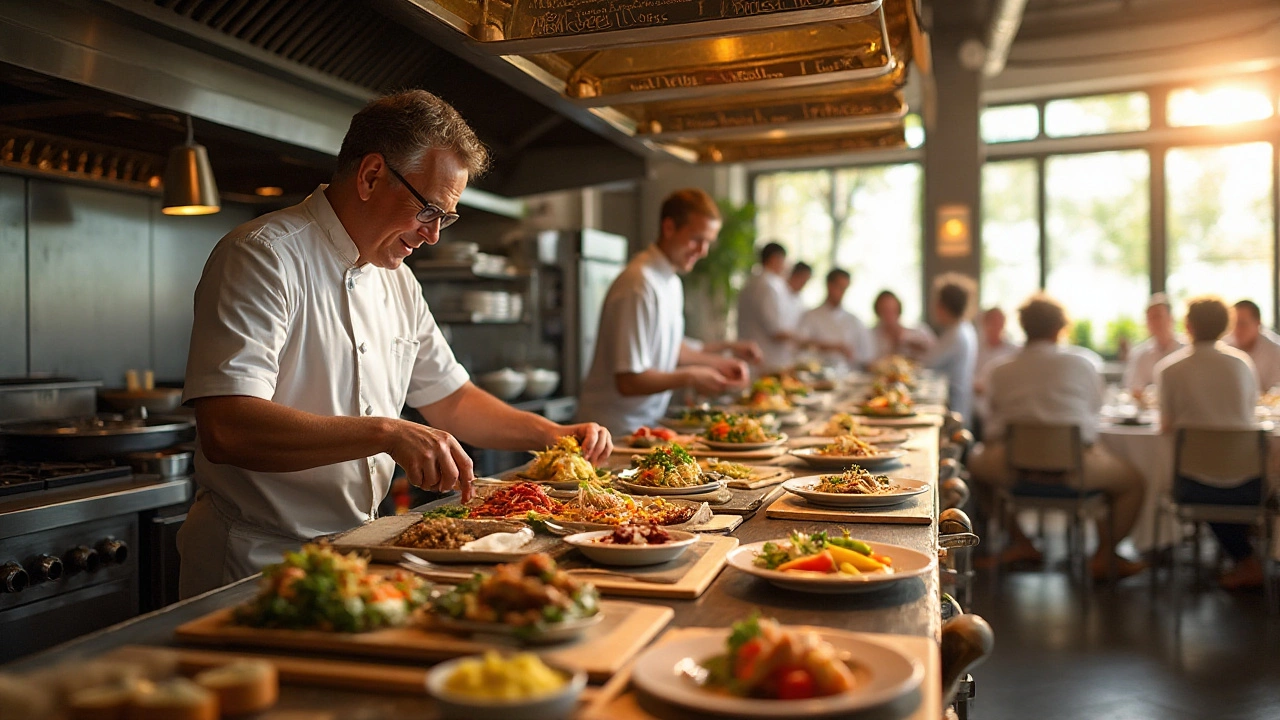Sustainability Tips for Travelers Near Peterborough Arena
Looking for an easy way to travel greener while you’re in Peterborough? You don’t need a PhD in eco‑science—just a few smart habits can make a big difference. Below are practical steps you can start using the moment you book your stay.
Choose a Green Hotel or Cottage
First stop: the place you’ll sleep. When you search for hotels or cottages on our site, look for keywords like "eco-friendly," "green certified," or "energy‑saving." Many properties showcase solar panels, low‑flow showers, or recycling programs right on their landing pages. If the description is vague, call the front desk and ask about their waste reduction policies or whether they use renewable energy.
Don’t forget smaller options. Eco cottages often use natural insulation, reclaimed wood, and locally sourced furniture. Staying in a cottage can also mean a shorter travel distance to the arena, which cuts fuel use.
Cut Waste While You’re There
Travel can generate a lot of trash, but you control what you bring and how you use it. Pack a reusable water bottle and refill it at the hotel’s water station—most places have one these days. Bring a tote bag for any souvenirs, and skip single‑use plastic cutlery when you order room service.
If the hotel provides towels daily, let them know you only need fresh ones when you actually need them. This practice saves water and energy, and many staff members appreciate the reminder.
One easy habit is to turn off lights and the TV when you’re out of the room. A quick tap on the light switch feels tiny, but across many rooms it adds up to real energy savings.
Finally, consider your food choices. Choose restaurants that source locally or serve seasonal menus. It reduces the carbon footprint of transporting food long distances, and the dishes often taste better because they’re fresh.
By picking a green place to stay, managing waste, and caring about energy use, you’ll travel more responsibly without sacrificing comfort. The next time you head to an event at Peterborough Arena, you’ll know exactly how to keep your footprint light while still enjoying a great trip.
Not All That Glitters is Green: 4 Non-Eco-Friendly Building Materials
When constructing a sustainable cottage, knowing what building materials to avoid is crucial. Some commonly used materials harm the environment more than you might think. This article sheds light on four building materials that aren't as eco-friendly as they seem and offers sustainable alternatives. The goal is to help you make informed choices for a greener construction process.
Sustainable Practices for Leftover Food in All-Inclusive Resorts
All-inclusive hotels face the challenge of managing leftover food responsibly. This article explores how these resorts handle excess food, focusing on environmental sustainability and community support. From donation programs to creative recycling methods, there are various strategies implemented to reduce food waste. The article provides insights and practical tips for hotels striving to minimize their ecological footprint while maintaining guest satisfaction. Additionally, it highlights the importance of conscious consumption for vacationers.

